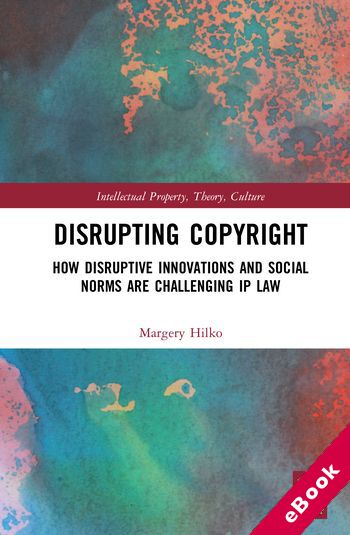
The device(s) you use to access the eBook content must be authorized with an Adobe ID before you download the product otherwise it will fail to register correctly.
For further information see https://www.wildy.com/ebook-formats
Once the order is confirmed an automated e-mail will be sent to you to allow you to download the eBook.
All eBooks are supplied firm sale and cannot be returned. If you believe there is a fault with your eBook then contact us on ebooks@wildy.com and we will help in resolving the issue. This does not affect your statutory rights.
New innovations are created every day, but today’s business leaders are focused on finding disruptive innovations which are cheaper and lower performing than upmarket technologies. They create new markets, and challenge the status quo of existing technological thinking creating uncertainty both in the future of the innovation and the outcome of the market upheaval. Disruptive innovation is an influential innovation theory in business, but how does it affect the law?
Several of these technologies have brought new ways for individuals to deal with copyright works while disrupting existing market expectations, while their ability to spawn social norms has presented challenges for legislation. Considering disruptive innovation as a class, this book examines innovations that have impacted copyright in the past, what lessons can be learned from how the law interacted with them, and how the law can successfully deal with them going forward. Creating comprehensive guidance that can be used when faced with disruptive innovations with the aim of more successful legislation, it considers whether copyright law itself has been disrupted through these innovations.
Exploring whether disruptive innovations as a class have unique properties that necessitate action by legislators and whether these properties have the possibility to disrupt the law itself, this book theorises how the law should deal with disruptive innovations in general, going beyond a discussion of the regulation of specific innovations to develop a framework for how law makers should deal with disruptive innovations when faced by one.